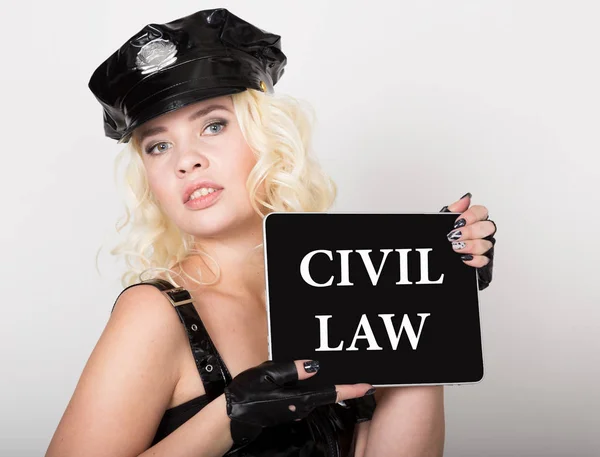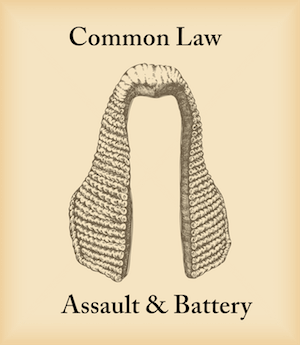Divorce Lawyer Charges
 Assuming that you’ve a number of prospective divorce attorneys in mind to handle your divorce or custody case, you could investigate the qualifications of each attorney. A divorce lawyer must excel in a few unique skills. They need to be an attentive listener as a result of the selections made in or out of courtroom will enormously have an effect on their consumer’s lives. Though it could be difficult, it’s important a divorce lawyer stays non-judgmental to help them in promoting their own consumer’s greatest interests. Their interpersonal skills must be strong as a result of they’re dealing with a variety of relationships of their career. Advocacy, mediation and alternative dispute decision skills must be acquired and mastered in regulation faculty as well as through continual work expertise in the area.
Assuming that you’ve a number of prospective divorce attorneys in mind to handle your divorce or custody case, you could investigate the qualifications of each attorney. A divorce lawyer must excel in a few unique skills. They need to be an attentive listener as a result of the selections made in or out of courtroom will enormously have an effect on their consumer’s lives. Though it could be difficult, it’s important a divorce lawyer stays non-judgmental to help them in promoting their own consumer’s greatest interests. Their interpersonal skills must be strong as a result of they’re dealing with a variety of relationships of their career. Advocacy, mediation and alternative dispute decision skills must be acquired and mastered in regulation faculty as well as through continual work expertise in the area.
Divorce is without doubt one of the most troublesome experiences an individual can undergo. It is emotional and the …
Continue Reading The primary sources of South Africa legislation have been Roman-Dutch mercantile regulation and personal law with English Common regulation, as imports of Dutch settlements and British colonialism. Attorneys for Planned Parenthood and the state had no speedy comment on Friday’s ruling. The waiting interval is an element of a bigger state regulation that bans most abortions after 20 weeks of pregnancy The 20-week ban is in effect and is not a part of the legal challenge. The Civil Legislation Undertaking has been a part of Scholar Legal Companies since 1969 and has helped 1000’s of individuals within the Edmonton area who were not capable of afford a lawyer. We also have various legal information booklets obtainable on-line.
The primary sources of South Africa legislation have been Roman-Dutch mercantile regulation and personal law with English Common regulation, as imports of Dutch settlements and British colonialism. Attorneys for Planned Parenthood and the state had no speedy comment on Friday’s ruling. The waiting interval is an element of a bigger state regulation that bans most abortions after 20 weeks of pregnancy The 20-week ban is in effect and is not a part of the legal challenge. The Civil Legislation Undertaking has been a part of Scholar Legal Companies since 1969 and has helped 1000’s of individuals within the Edmonton area who were not capable of afford a lawyer. We also have various legal information booklets obtainable on-line. Our firm gives compassionate authorized representation to individuals whose lives have been altered by the wrongful demise of a loved one. You might need to rent a lawyer to signify you since you suffered severe accidents, or the legal rules implicated by your personal injury declare are extremely complicated. Sometimes, the insurance coverage company refuses to settle in good religion If you had been involved in any of the next forms of accidents or suffered very serious injuries, you need to contact an experienced personal injury lawyer in your space immediately.
Our firm gives compassionate authorized representation to individuals whose lives have been altered by the wrongful demise of a loved one. You might need to rent a lawyer to signify you since you suffered severe accidents, or the legal rules implicated by your personal injury declare are extremely complicated. Sometimes, the insurance coverage company refuses to settle in good religion If you had been involved in any of the next forms of accidents or suffered very serious injuries, you need to contact an experienced personal injury lawyer in your space immediately. Back within the early days of our nation, when justices of the peace and clergy had been harder to find and the inhabitants extra unfold out, there arose the idea of a “frequent law” marriage. I used to be glad to search out in your e book a formal contradiction, at length, of the judiciary usurpation of legislative powers; for such the judges have usurped of their repeated decisions, that Christianity is a part of the common legislation. The proof of the contrary, which you’ve got adduced, is incontrovertible; to wit, that the frequent regulation existed whereas the Anglo-Saxons had been yet Pagans, at a time after they had never yet heard the title of Christ pronounced, or knew that such a personality had ever existed.
Back within the early days of our nation, when justices of the peace and clergy had been harder to find and the inhabitants extra unfold out, there arose the idea of a “frequent law” marriage. I used to be glad to search out in your e book a formal contradiction, at length, of the judiciary usurpation of legislative powers; for such the judges have usurped of their repeated decisions, that Christianity is a part of the common legislation. The proof of the contrary, which you’ve got adduced, is incontrovertible; to wit, that the frequent regulation existed whereas the Anglo-Saxons had been yet Pagans, at a time after they had never yet heard the title of Christ pronounced, or knew that such a personality had ever existed. Once you file a Chapter 7 chapter case, you additionally file a press release of intention with respect to property that’s secured by consensual liens (automobile loans, furnishings loans and so forth.). Chapter regulation requires you to carry out” or move forward together with your intentions regarding financed private property within forty five days of the meeting of collectors, or else the automatic stay terminates and the creditor is now not prevented from repossessing the collateral. For instance, Washington state gives couples in committed, cohabitating relationships that break up property rights much like these afforded to married couples. If a couple in one in all these “dedicated intimate relationships” separates, a courtroom can assist equally divide shared property and belongings. They cohabited before frequent regulation marriage Utah.
Once you file a Chapter 7 chapter case, you additionally file a press release of intention with respect to property that’s secured by consensual liens (automobile loans, furnishings loans and so forth.). Chapter regulation requires you to carry out” or move forward together with your intentions regarding financed private property within forty five days of the meeting of collectors, or else the automatic stay terminates and the creditor is now not prevented from repossessing the collateral. For instance, Washington state gives couples in committed, cohabitating relationships that break up property rights much like these afforded to married couples. If a couple in one in all these “dedicated intimate relationships” separates, a courtroom can assist equally divide shared property and belongings. They cohabited before frequent regulation marriage Utah.